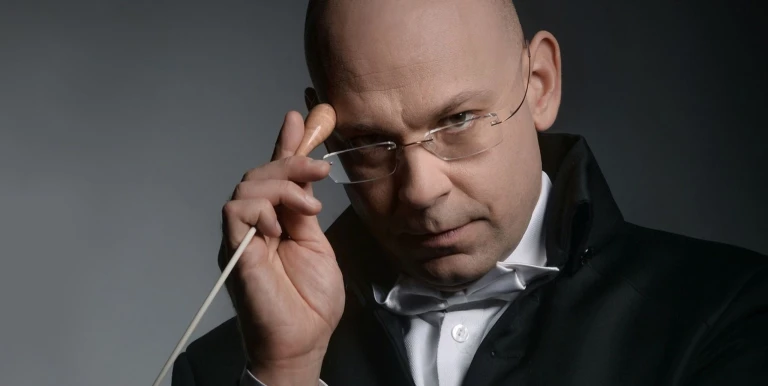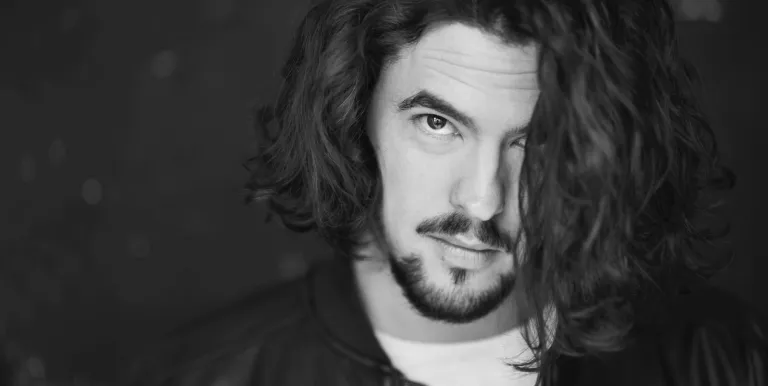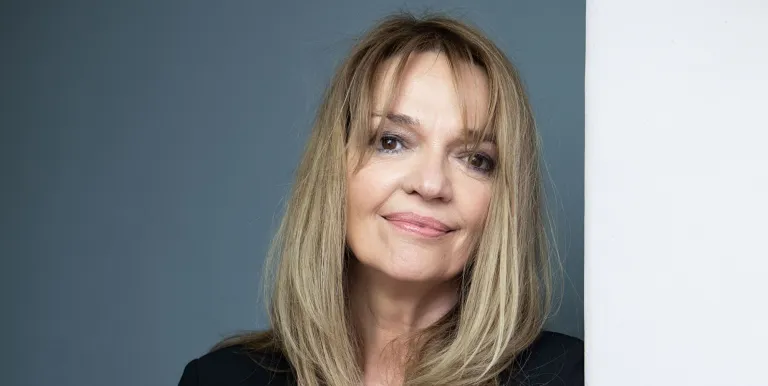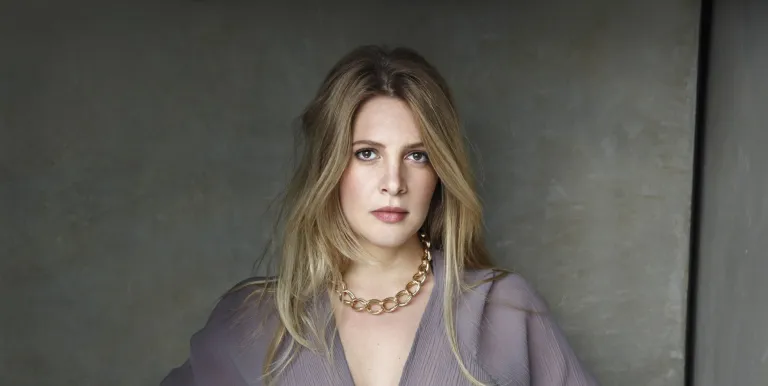Conductor:
Featuring:
Balázs Bujtor
Ernő Kállai
Barnabás Kelemen
Piazzolla-Leonid Desyatnikov
Estaciones Porteñas (Four Seasons of Buenos Aires)
Gardel
Por una cabeza (arrangement by Rezső Ott)
Piazzolla
Libertango (arrangement by Christoph Israel)
Sarasate
Gypsy songs
Rodrigo
Fantasía para un gentilhombre (Fantasy for a Gentleman) - excerpts
Piazzolla
Oblivion (arrangement by Tamás Kökény)
Lara
Granada (arrangement by Frigyes Hidas)
De Falla
El amor brujo (Spell-bound Love) - Canción del amor dolido (Song of suffering love), Canción del fuego fatuo (Song of the will-o'-the-wisp), Danza ritual del fuego (Ritual Fire Dance)
The heat of July is perfectly suited to the atmosphere of Argentina and Spain, including the decadence of Astor Piazzola, the elegance of Joaquín Rodrigo and the temperamentality of Manuel de Falla. Tango: the music of passion This is what we suggest for visitors to the Müpa Drive-in Cinema concerts: Lean back in your car seats, gaze at the giant projection screen in the car park and listen, on the speakers of your vehicle's sound system, to the stars of the Hungarian classical music world, including Barnabás Kelemen and others, as they perform accompanied by the Hungarian National Philharmonic Orchestra playing under the baton of Gergely Kesselyák, who gained national popularity as a member of the jury of the Virtuosos television programme.
Six composers from parts of the globe with a high average temperature. The legend of Astor Piazzola is made all the more exciting by the fact that the Buenos Aires bandoneon player and bandleader lived in the borderlands between popular and classical music, enjoying a vibrant relationship with classical performers and composers alike. His most famous works are tangos, which continue to be popularised by many outstanding musicians, ranging from Martha Argerich to Gidon Kremer. One can really feel the difference between the tango nuevo style representated by Piazzolla and the earlier tradition, as heard in Carlos Gardel's most famous work in the genre. And as long as we're talking about traditions, we will also get to hearthe famous Gypsy songs by Pablo de Sarasate, the legendary virtuoso and composer of the Spanish violin school. Although Joaquín Rodrigo, who lived through all but two years of the 20th century, was a pianist and composer, his two most famous works are concertos for guitar and orchestra - of which one is Fantasía para un gentilhombre, written for the legendary composer Andrés Segovia. Unassailable in terms of its popularity is Granada, an indispensible part of the tenor repertoire by Mexico's 'El flaco de oro' (The golden skinny fellow), Agustín Lara. Although Manuel de Falla was born a few years before Bartók, but it's not only through their close birth years that he is connected to the Hungarian composer: they also shared a kinship in how their thinking was inspired by folk music. All works by Latin composers share a richness of emotion and a passion and pride at work in the posture, flow and power of their music. They are fiery pieces, and it is a fine feeling to hear them on a beautiful July evening under the open sky.
Presented by: Müpa Budapest
-
We wish to inform you that in the event that Müpa Budapest's underground garage and outdoor car park are operating at full capacity, it is advisable to plan for increased waiting times when you arrive. In order to avoid this, we recommend that you depart for our events in time, so that you you can find the ideal parking spot quickly and smoothly and arrive for our performance in comfort. The Müpa Budapest underground garage gates will be operated by an automatic number plate recognition system. Parking is free of charge for visitors with tickets to any of our paid performances on that given day. The detailed parking policy of Müpa Budapest is available here.










